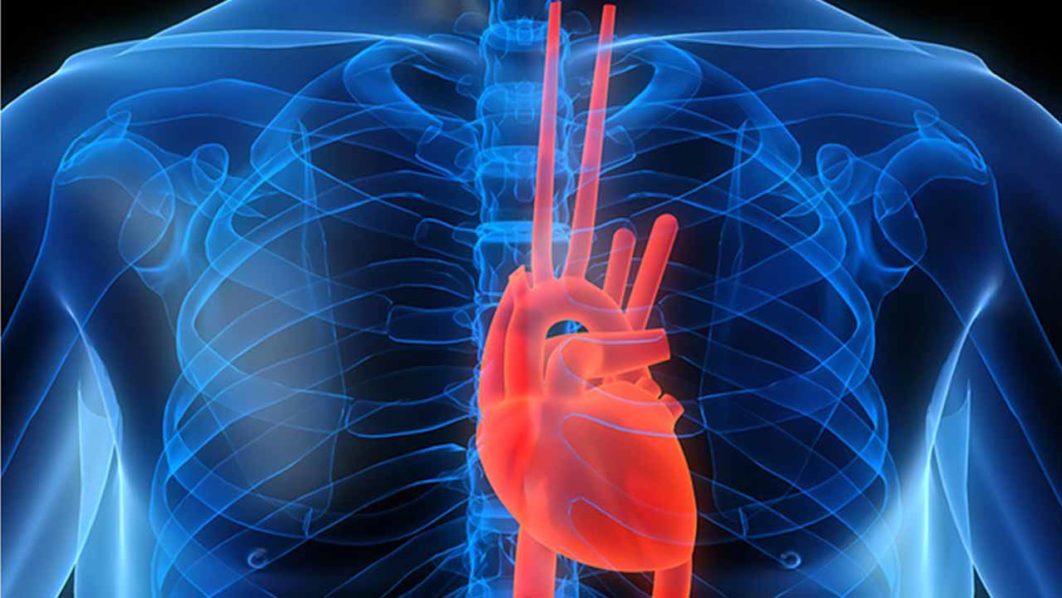Playing violent 'shooter' video games can damage the brain and may even increase the risk of Alzheimer's disease, brain scans suggest.
Researchers at the University of Montreal got around 100 people to play a range of popular 'shooter' games such as Call Of Duty, Killzone and Borderlands 2 for a total of 90 hours. They also gave them copes of non-violent games from the Super Mario series.
By the end of the study, they found that people who habitually played action games had fewer neurons in their hippocampus, a key memory center in the brain. However, those who played non-violent games ended the study with more essential gray matter in their brains. The discovery challenges previous findings that all video games have the capacity to enhance some aspects of mental processing and boost short-term memory.
 Lead scientist Dr Greg West, from the University of Montreal in Canada, said: 'Video games have been shown to benefit certain cognitive systems in the brain, mainly related to visual attention and short-term memory.
Lead scientist Dr Greg West, from the University of Montreal in Canada, said: 'Video games have been shown to benefit certain cognitive systems in the brain, mainly related to visual attention and short-term memory. 'But there is also behavioral evidence that there might be a cost to that, in terms of the impact on the hippocampus. That's why we decided to do a full neuro-imaging study, scanning the brains of habitual players of action video games and comparing them to non-players, and what we saw was less grey matter in the hippocampus of habitual players. We then followed that up with two longitudinal studies to establish causality, and we found that it was indeed the gaming that led to changes in the brain.'
The seahorse-shaped hippocampus is important for spatial memory, which helps us navigate, and episodic memory that recalls past experiences.
London taxi drivers who stretch their memory ability by learning 'the knowledge' have been shown to possess unusually large hippocampi.
The more depleted the hippocampus becomes, the more a person is at risk of developing brain illnesses ranging from depression to post-traumatic stress disorder (PTSD) and Alzheimer's disease, said the researchers.
Previous work has shown that gaming stimulates a habit-forming brain region called the caudate nucleus at the expense of the hippocampus. The more the caudate nucleus is used to navigate through a game, the more the hippocampus loses cells and shrinks.
In the new study, brain scans showed that people who relied on the caudate nucleus suffered a measurable loss of hippocampus 'gray matter' - nerve cell bodies - after 90 hours playing action games.
But the same amount of time spent playing 3D Super Mario games increased grey matter in the hippocampi of all participants.
The findings are published in the journal Molecular Psychiatry.
British expert Professor Andrew Przybylski, from Oxford University, urged caution and insisted that the study lacked statistical power.
He said: 'The hypotheses tested do not relate to harm and the paper does not provide evidence that 90 hours of play, the 'treatment', leads to harm. Thus the interpretation of harm, although attention-grabbing, was not peer-reviewed and appears to have been introduced afterwards. This framing is a worrying over-reach that could mislead readers.
'Extrapolating from small-scale and noisy studies like these is extremely problematic.'
By Mia De Graaf For Dailymail
ABUJA: Training Schedule for Basic Life Support BLS, Pediatric Advanced Life Support (PALS), Advanced Cardiovascular Life Support ACLS, First Aid, CPR, AED
PORTHARCOURT: Training Schedule for Basic Life Support BLS, Pediatric Advanced Life Support (PALS), Advanced Cardiovascular Life Support ACLS, First Aid, CPR, AED
LAGOS: Training Schedule for Basic Life Support BLS, Pediatric Advanced Life Support (PALS), Advanced Cardiovascular Life Support ACLS, First Aid, CPR, AED



